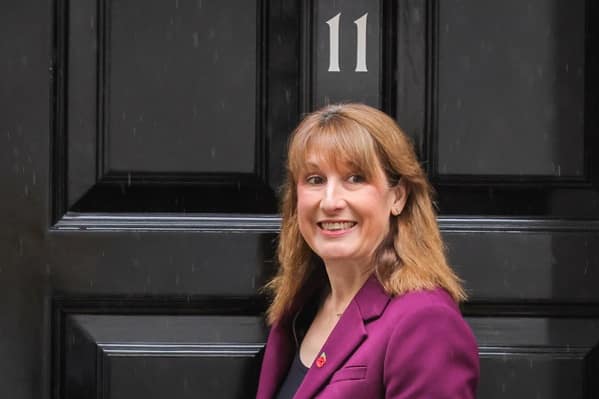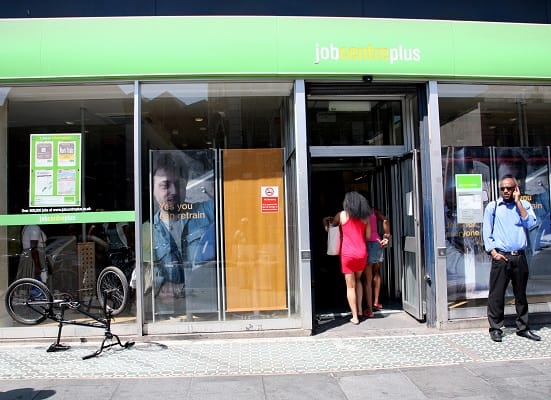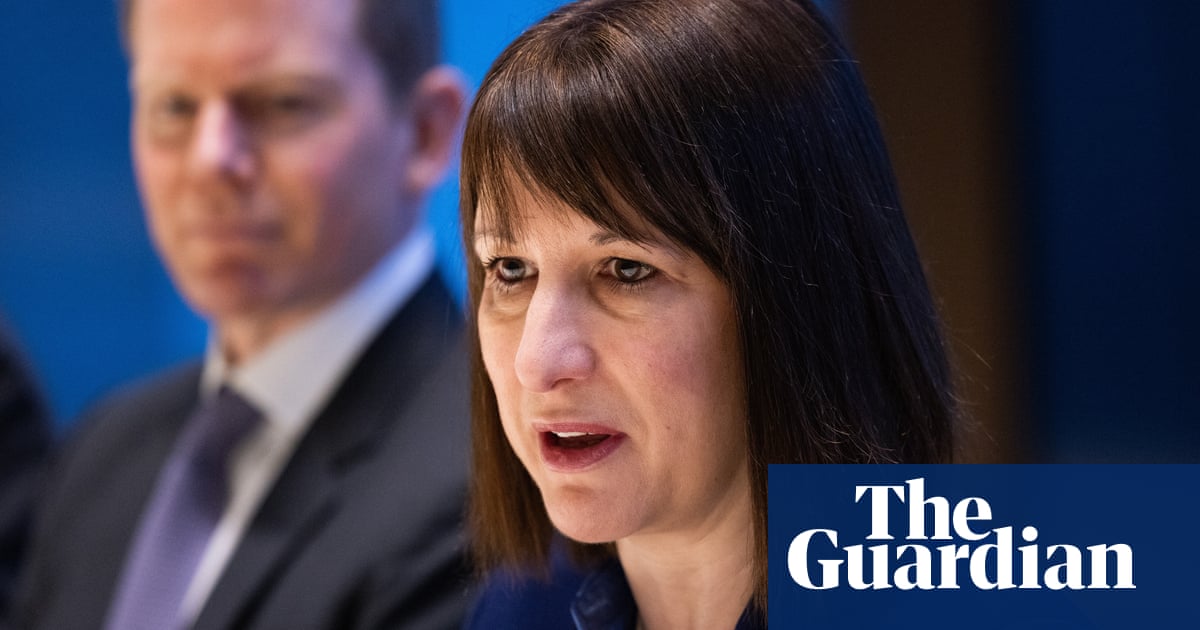fromLondon Business News | Londonlovesbusiness.com
3 months agoBusiness ambition must be matched by political 'full throttle economy delivery' - London Business News | Londonlovesbusiness.com
Mr Donaldson, CEO, The Maxol Group, called on Stormont and Westminster politicians to shift gears from strategies to 'full throttle economic delivery' and build on the UK-EU Common Understanding on trade and emissions cooperation, US trade deals, north-south trade successes and improved rail links between Belfast and Dublin. He said: "These are serious times that demand serious solutions... Business should be the engine of growth, and I know that the firms in this room are ready to play their part - but confidence hinges on tangible results that people can feel in their daily lives."












